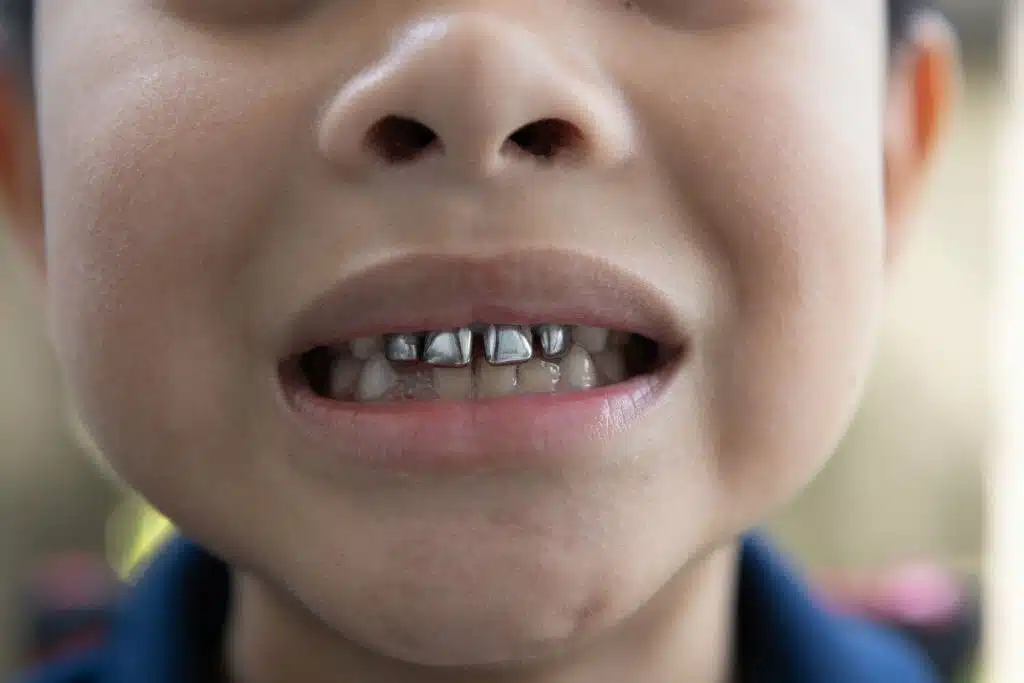Cavities, also known as dental caries, are a common condition many people face. They develop when certain factors contribute to the breakdown of tooth enamel, leaving small holes in the teeth. Understanding what causes cavities, recognizing their signs, and knowing what can happen if they are left untreated is the first step toward maintaining oral health. Below, we explore frequently asked questions about cavities and provide practical, straightforward answers.
What Causes Cavities to Form in the First Place?
Cavities form when bacteria in the mouth interact with sugars and carbohydrates from food and drinks. These bacteria produce acids that weaken and break down the outer layer of the tooth, called enamel. Over time, if this process continues, the decay can progress deeper into the tooth.
Other factors can influence the development of cavities. Poor oral hygiene, such as irregular brushing and flossing, allows plaque to build up, creating an environment where bacteria thrive. A diet high in sugary or acidic foods and drinks can accelerate decay. A lack of fluoride, found in water and toothpaste, may reduce protection against cavities.
How Can You Tell If You Have a Cavity?
Detecting a cavity early can make a significant difference in treatment. While cavities may not cause noticeable symptoms in their initial stages, there are some signs you can look out for.
- Sensitivity to hot, cold, or sweet foods and drinks: This may feel like a sharp or lingering pain that occurs during or after eating.
- Toothache or pain without a clear cause: Discomfort may occur spontaneously, either mild or severe.
- Visible pits or holes in the teeth: Cavities can sometimes be seen on the surface of the affected tooth.
- Staining on the tooth: Dark spots, white marks, or discoloration may indicate decay.
It’s a good idea to visit a dentist if you notice any of these signs. Early detection can prevent decay from progressing further. While at-home observations are helpful, regular dental checkups remain the most reliable way to identify cavities. Proper tools and expertise allow dentists to identify issues that might not yet be noticeable.
What Happens If a Cavity Is Left Untreated?
Untreated cavities progress further into the tooth, leading to more serious issues over time. Minor decay can expand and reach deeper layers of the tooth, including the dentin and pulp, where nerves and blood vessels are located. This often results in heightened pain and sensitivity.
Prolonged neglect can lead to infections, abscesses, or tooth loss in severe cases. Some infections from an untreated cavity may spread beyond the tooth, potentially affecting other parts of the mouth or jaw. This can lead to more complex dental procedures.
How Do Dentists Treat Cavities?
The approach to treating cavities depends on the extent of the decay. Dentists use various methods to restore the tooth and prevent further damage.
- Fillings: Dentists remove the decayed portion of the tooth and fill the space with composite resin, amalgam, or other materials to restore its structure.
- Crowns: For larger cavities or weakened teeth, dentists may place a crown over the tooth to provide greater protection.
- Root canal treatment: If decay has reached the tooth’s pulp, a root canal may be performed to remove infected tissue and seal the tooth.
- Tooth extraction: When a tooth is severely damaged and cannot be restored, extraction becomes necessary.
These treatments aim to preserve the function and appearance of the affected tooth. Regular checkups allow for timely identification and management of cavities before complex procedures become necessary. Once treated, proper aftercare, including good oral hygiene and routine dental visits, helps maintain the results.
Visit a Dentist
Cavities are a common dental issue that can affect anyone. Understanding their causes and recognizing early signs are key steps in addressing them effectively. Regular dental visits are key to diagnosing and managing cavities before they progress to more advanced stages. If you suspect you have a cavity or want to take preventive measures, schedule an appointment with your dentist.

Leave a Reply